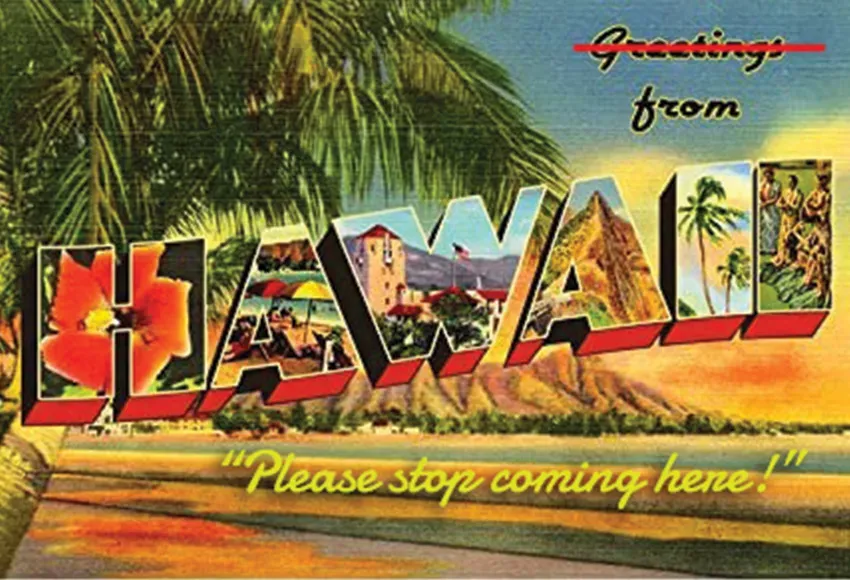In 1893 the United States armed forces illegally invaded the Kingdom of Hawaii. The coup was staged – without presidential approval – by white American sugar cane growers living on the islands. Their profits had suffered greatly from a tariff that raised import rates on foreign sugar, so their intention was to get Hawaii annexed. This would make the tariff disappear.
Ships landed at Honolulu, with 160 armed soldiers, abrogating peace agreements with the monarch, Queen Liliuokalani. Outnumbered and hoping to avoid casualties, Liliuokalani made the mistake of believing she could trust the US to deliver justice, so she agreed to a conditional surrender.
President Grover Cleveland believed that Americans had behaved shamefully, so he appointed Special Commissioner James Blount to investigate the overthrow of the queen's government. He wanted to return Liliuokalani to her throne, but the American people strongly favored annexation.
Because of this, the matter was prolonged until after Cleveland left office and William McKinley was inaugurated as president. In 1898 McKinley signed a joint resolution annexing the islands. Hawaii remained a territory until 1959, when it became the fiftieth state.
The colonization of the Hawaiian Islands and the boom of its tourism industry has had a negative impact on the native people of Hawaii and brought their culture close to extinction. Despite the $48.6 million spent daily (as of 2019) by visitors, Hawaiians are the poorest of all people in Hawaii, they are the most unemployed and largest recipients of welfare, and they dominate the prison population.
The locals in these stolen and oppressed islands have complained about overtourism for many years. They live there, yet rarely get to enjoy what their own islands have to offer and get stuck in low-end jobs that don't pay what they need to survive (estimated to be $121,000 annually to live comfortably).
On top of that, the islands don't have many natural resources, instead relying heavily on imports to sustain the massive number of tourists, which contributes to the high cost of living. They have a limited water supply, which they have been forced to share with as many as 9.4 million visitors a year. This has been devastating to the roughly 1.4 million natives suffering in their own homes.
When the world shut down in 2020, during the coronavirus outbreak, native Hawaiians got to see what life could have been like for them: clear beaches, the ability to live and not just survive, and some of the lowest COVID numbers in the country.
But as of April 2021 more, than 23,000 tourists are arriving in Hawaii every day, and those numbers have been increasing, approaching pre-pandemic levels. Native Hawaiians feared that these incoming travelers would cause coronavirus cases to rise – and they weren't wrong. They've been urging tourists not to visit, and not just due to the pandemic. Maui officials even made an unexpected request to airlines, begging them not to bring so many people to their island.
But they are not being heard. Tourism is only interested in self-preservation as an industry, and those profiting don't care for the well-being of the native community.
As the United States begins to emerge from the pandemic, Maui began to suffer from some of the same problems seen on the mainland. With a shortage of hospitality workers and restaurants still operating at limited capacity, they are struggling to keep up with the influx of visitors.
To add insult to infection, mainlanders' sense of entitlement has skyrocketed. Visitors have been reportedly disrespectful, not just of COVID recommendations and restrictions but to natives as well, who have been assaulted, screamed at, and spit on by those who couldn't get their way. Tourists have also blocked highways and refused to move when asked.
They seem to have forgotten that their chosen vacation destination is someone else's home. People actually live their lives on these islands; they have families to get home to and jobs to do that make their vacations possible.


